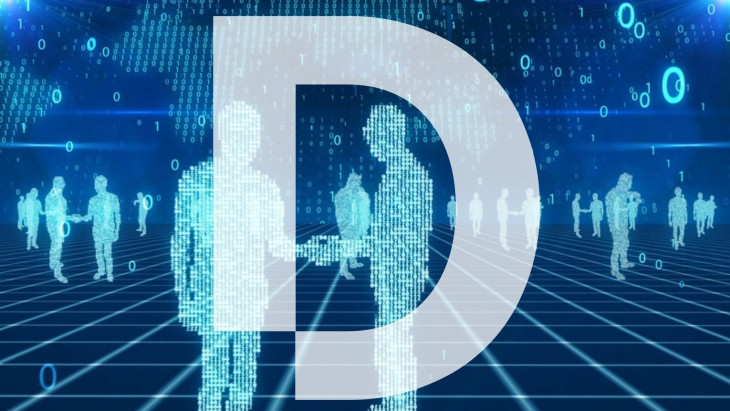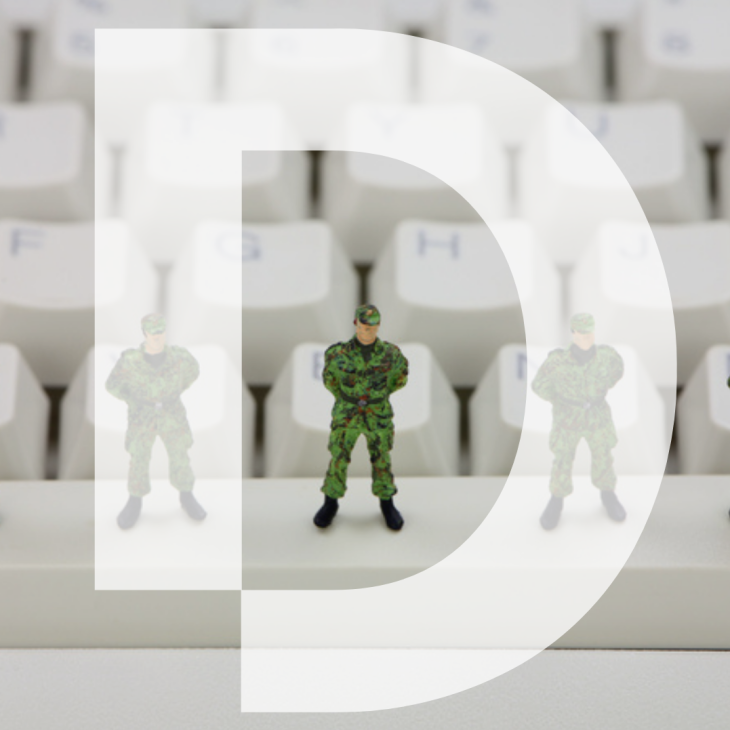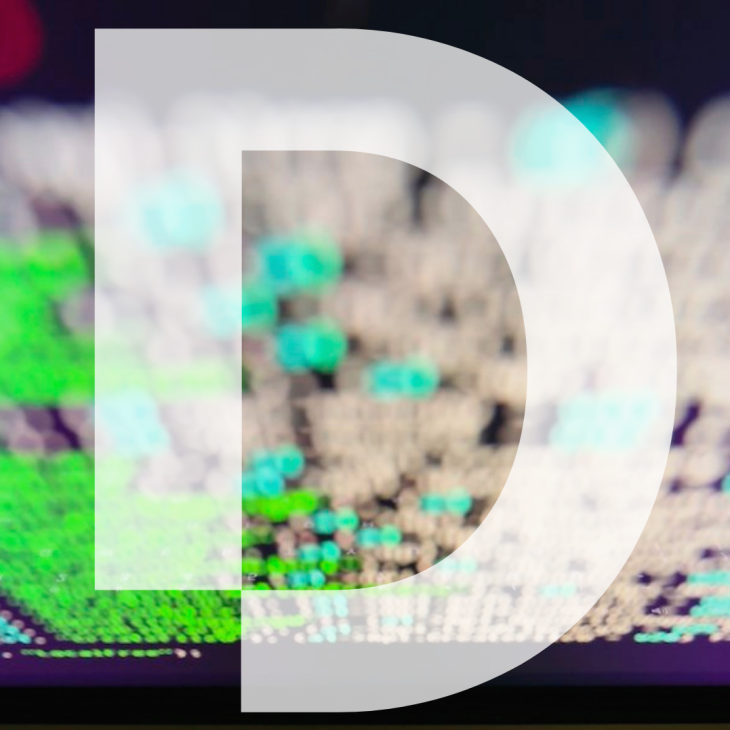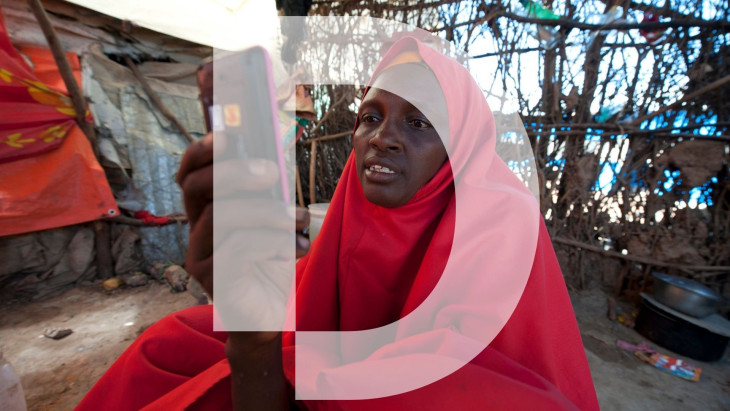DigitHarium Month #8: Cyber operations against humanitarian organizations
Digitalization and new technologies have an increasingly important role in modern life, including in humanitarian work. Like many changes, this has generated both benefits and challenges for the organizations themselves and the people they serve. Humanitarian organizations need to treat cyberspace with as much, if not more, caution and awareness as they would uncertain terrain in a country they had not worked in before.
For the eighth DigitHarium month, we looked at how cyber operations could affect humanitarian organizations and their work: what the stakes were, what risks were most likely to arise, and what steps humanitarian organizations needed to take.
For the eighth Digital Dilemmas Dialogue, we invited Marietje Schaake to discuss what was at stake for humanitarian organizations. The discussion looked at how humanitarian organizations could protect themselves in cyberspace and how policy and technical measures could mitigate cyber risks.
 |
|
Digital Dilemmas Dialogue #8: Cyber operations against humanitarian organizations 20.10.21 | Recording available online |
For the eighth Digital Dilemmas Debate, we invited experts and academics from the technology and legal fields to discuss the implications for humanitarians of using digital tools and services. The discussion focused on the importance of humanitarian organizations properly understanding and mapping their use of cyberspace, the risks that cyberspace posed to their integrity, sustainability and independence, and the strategic decisions that had to be taken to mitigate these risks.
 |
|
Digital Dilemmas Debate #8: Engaging in cyberspace - A humanitarian perspective 27.10.21 | Recording available online |
Finally, complementing these reflections, we collected two series of articles on the human costs of cyber operations and ways to avoid civilians being harmed during military cyber operations.
 |
 |
|
Blog series: Avoiding civilian harm during military cyber operations
(5 articles) |
NEW! Scenario 25 of the Cyber Law Toolkit - "Cyber disruption of humanitarian assistance" |
 |
|
A State involved in an international armed conflict hacks into the systems of an impartial humanitarian organization. It uses the information obtained to identify civilians and members of a paramilitary force belonging to a specific ethnic group in order to arrest or kill them. In addition, the attack compromises the perception of neutrality, impartiality and independence of the humanitarian organization and it results in restrictions on access for the organization and security incidents affecting its staff. The scenario explores whether the cyber operation constitutes an unlawful interference with the provision of humanitarian aid and violates the obligation to respect and to protect persons and objects used for humanitarian relief operations under international humanitarian law.
|
Additional resources
Hacking humanitarians: moving towards a humanitarian cybersecurity strategy, by Massimo Marelli (9 min read)
Hacking Humanitarians? IHL and the protection of humanitarian organizations against cyber operations, by Tilman Rodenhäuser
The better angels of our digital nature? Offensive cyber capabilities and state violence, by Florian J. Egloff and James Shires
Offensive Cyber Capabilities and State Violence: Three Logics of Integration, by Florian J. Egloff and James Shires
The Oxford Process on International Law Protections in Cyberspace



